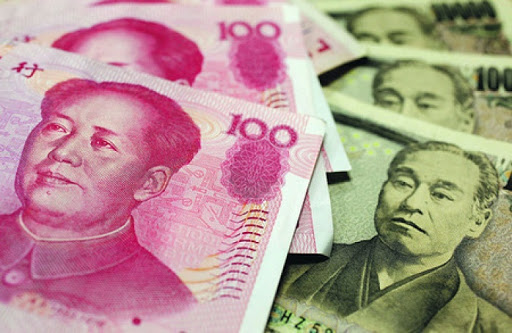Ok, so you’ve recently got into forex and you’re more than excited, thinking about what the future has in store for you. However, our recommendation is to treat everything with caution and you’re about to jump into a market that is at once similar to and wholly different from other kinds of trading, not to mention that it presents many challenges and opportunities.
But still, let’s not forget that you’re a beginner. And beginners need to be very careful and avoid investing important amounts of money without having a through-out, strategic approach.
As we desire to help you develop that approach, we’ve put together a shortlist with three of the most important tips a trader should consider when making their first steps!
Flexibility, use it well
Technically speaking, the forex market operates at all hours, while the liquidity and sheer size of the market basically allow you to opt for different approaches, depending on which one you prefer.
As for the flexibility part, you can day trade, relying on small amounts, but can also invest heavily in the long term. Besides this, in time, you will eventually figure out which hours work best for you, the same thing going for the pairs you’re trading.
And these are just a few of the flexibility-related perks of the forex market!
Be aware of protections
Experienced forex traders will always take advantage of the several protections they can use to…well, protect themselves against losses. Primarily, this refers to placing stop limit and stop-loss orders.
Sure, there are a few differences between the two types of orders, but they have one big purpose: saving a trader from big losses. And the idea itself is easy: you can put in an order and if an asset falls below a certain price, your holdings will be sold instantly. Yes, you will lose something, but you will also avoid a worse loss.
Some simple features can save you a lot of money so it’s a shame to ignore them!
Be informed about CFDs
Forex trading involves buying or selling a currency pair. Simple as that.
For example, you can buy an amount of Euro against the United States Dollar, denoted EUR/USD. If the Euro happens to go up against the USD, your initial investment will gain value, meaning you can sell and earn a profit. But there’s one more way of trading, in the form of contracts for differences. Or CFD.
Trading in this alternative way means that you are securing a contract that indicates whether you think (or not) the Euro will be able to rise against the Dollar. If you are right, you will obtain a profit. If not, obviously, you will take a loss.
Clearly a very interesting method you should at least try, from time to time.

